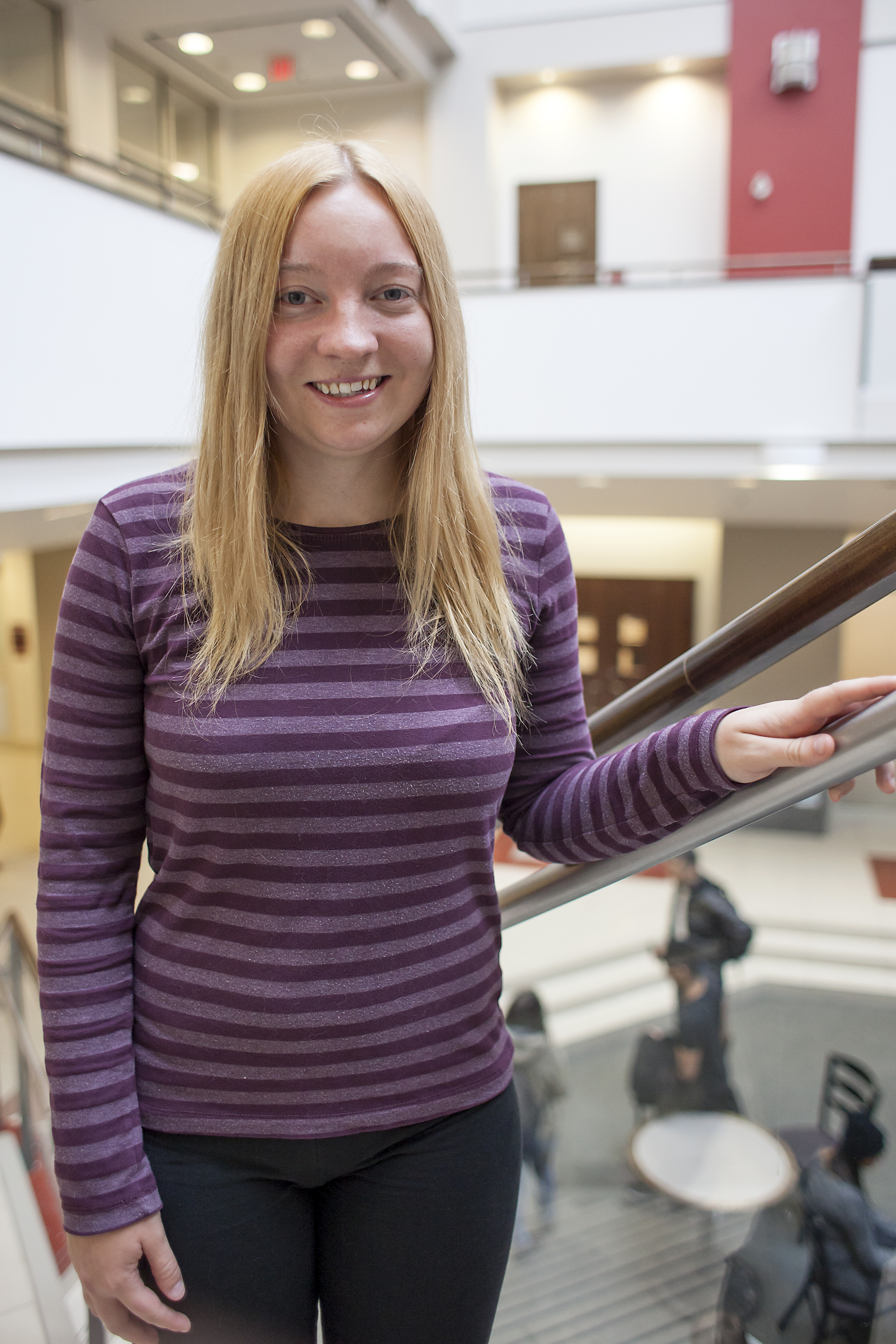Student combines passion with academics

Shailyn Drukis takes part in World Parks Congress

Wilfrid Laurier University was represented this past week at the World Parks Congress held in Sydney, Australia.
The congress, which is put on by the International Union for Conservation of Nature, aims to facilitate information sharing internationally regarding protected areas and conservation, as well as establishing global goals and objectives in the field.
In attendance was Laurier student Shailyn Drukis, a fifth-year environmental studies student whose research focuses on the natural parks and protected areas of northern Canada. She was one of only 30 young people to be part of the workshop.
Held every decade since its founding in 1962, the congress is one of the oldest international environmental organizations in the world and continues to be highly influential in setting global standards for the protection and conservation of natural areas.
After having attended numerous international conferences pertaining to the protection and conservation of natural areas — notably two regarding the United Nations Convention on Biological Diversity — Drukis found her work with the topic gradually growing.
“I noticed that even though the rate of protected areas was increasing globally, the loss of biodiversity was still increasing, so I was really interested to find out kind of why, and really started focusing my research on effectively managing protected areas,” she explained.
Having helped found the Global Youth Biodiversity Network, as well as being a youth board member to the Canadian chapter of the IUCN, Drukis was invited to be a representative at the congress in Sydney.
Hosting thousands of delegates from over 150 nations, the event allowed for a diverse representation of the world’s various natural landscapes and climates.
“I think that’s what I got out of the congress the most — was hearing and experiencing case studies related topics from different regions,” said Drukis.
“Being able to make comparisons, and learn a lot about how to integrate some of those ideas into the region that I’m focused in and within Canada itself.”
The opportunity to attend the congress was supported by Drukis’ professors, who supported and facilitated her time away from class, and by the university, which helped fund her trip.
In keeping with Laurier’s attitude of encouraging learning outside of the classroom, the conference highlighted links that can be made between academics and real world application.
“I just found a lot of the topics and sessions I went to at the congress are things that I’m learning about in some of my courses,” said Drukis.
“So I’ve even been able to integrate new perspectives that I’ve heard now from around the world into how I think about the course work that I’m studying.”
Drukis is now planning to head to Norway in December to present her undergraduate thesis at the Arctic Biodiversity Congress.
She hopes the valuable insight and knowledge gained throughout the conference will impact not only her current studies, but also help build the basis of her future graduate studies.
“I’m really excited to see if I can take some of the ideas that I heard from the other regions and see if I can apply it,” she said.


